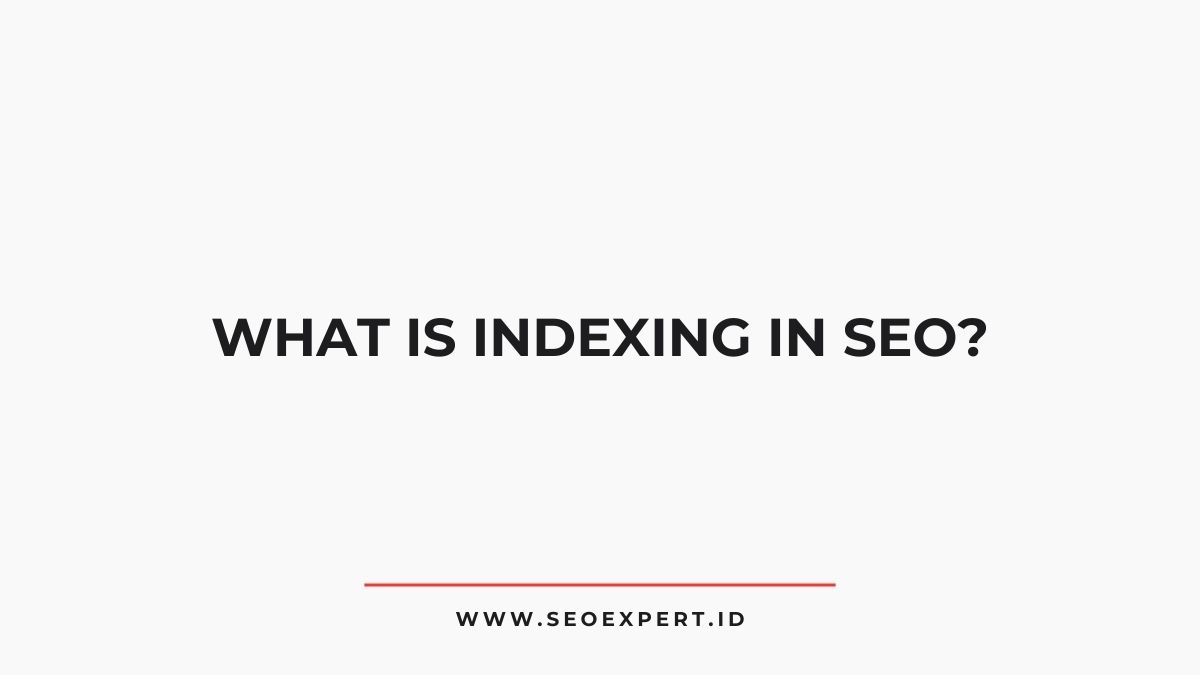What Is Algorithm in SEO? – In SEO, algorithms are sophisticated mathematical systems that search engines use to crawl, index, and rank web pages.
SiteGuru
Elevate and track your website's performance with a practical SEO action plan.
These complex formulas evaluate numerous factors including content quality, site authority, user experience metrics, and technical performance to determine search result positioning.
Major updates like Panda, Penguin, and BERT have profoundly altered ranking priorities over time.
Understanding these algorithmic mechanisms enables marketers to develop strategies that align with search engine evaluation criteria for improved visibility.
TL;DR
Hide- SEO algorithms are mathematical formulas that evaluate and rank web pages based on content quality, relevance, and user experience.
- Search engines use crawlers to index websites, collecting data on content, structure, and connections between pages.
- Major algorithm updates like Panda, Penguin, and BERT have reshaped SEO by targeting content quality and link practices.
- Algorithms prioritize ranking factors including content relevance, technical performance, user experience metrics, and backlink quality.
- Understanding algorithm priorities helps marketers build effective SEO strategies aligned with search engine evaluation criteria.
How Search Engine Algorithms Actually Work
While many SEO practitioners focus on optimizing content, few truly understand the intricate mechanisms that power search engine algorithms.
At their core, these algorithms function as complex mathematical equations that evaluate and rank web pages based on hundreds of factors.
Search engines deploy crawlers (also called spiders) that systematically index the web, collecting data about each page’s content, structure, and connections.
This information feeds into the algorithm’s processing system, where it undergoes analysis through multiple filters including relevance assessment, authority evaluation, and user experience metrics.
Modern algorithms like Google’s incorporate machine learning components that continuously refine results based on user behavior patterns.
Understanding this technical foundation allows SEO professionals to develop strategies that align with algorithmic priorities rather than attempting to manipulate surface-level ranking factors.
Major Google Algorithm Updates That Changed SEO Forever
Google’s algorithmic evolution represents the defining narrative of SEO history, with several landmark updates fundamentally reshaping digital marketing practices.
Since its inception, Google has regularly refined its ranking mechanisms to deliver increasingly relevant search results while combating manipulation tactics.
- Panda (2011) targeted low-quality content and content farms, prioritizing original, valuable information and penalizing thin, duplicative materials.
- Penguin (2012) specifically addressed link spam by devaluing artificial backlink profiles, making anchor text diversification and natural link acquisition essential.
- BERT (2019) revolutionized search intent understanding through natural language processing, requiring content to address user needs contextually rather than through keyword density.
These transformative updates established the foundation for modern SEO strategy, emphasizing quality, relevance, and user experience over technical manipulation of ranking factors.
Key Ranking Factors in Today’s SEO Algorithms
Modern SEO algorithms operate on hundreds of ranking factors that collectively determine where websites appear in search results.
These factors fall into several categories that SEO professionals must address systematically to achieve peak visibility.
| Ranking Factor Group | Critical Elements |
|---|---|
| Content Quality | Relevance, depth, freshness |
| Technical SEO | Page speed, mobile-friendliness, structured data |
| User Experience | Bounce rate, dwell time, HTTPS security |
While Google doesn’t publicly disclose the exact weight of each factor, analysis shows that high-quality content remains fundamental, with technical optimization and user experience metrics gaining importance.
Backlink quality continues to serve as a trust signal, though its influence has evolved to prioritize relevance over quantity. The interplay between these factors creates a complex ecosystem where holistic optimization yields the strongest results.
Building an Algorithm-Friendly SEO Strategy
Creating an algorithm-friendly SEO strategy requires a systematic approach that aligns with how search engines evaluate and rank content.
This means developing a thorough plan that satisfies algorithmic preferences while delivering value to users.
Successful SEO balances algorithmic requirements with genuine user value through methodical planning and execution.
Effective implementation demands consistent monitoring of algorithm updates, technical optimization, and content quality assessment to maintain visibility in search results.
- Conduct regular technical audits to identify crawlability issues, page speed problems, and mobile usability factors that algorithms prioritize.
- Create semantically rich content that addresses user search intent while incorporating relevant keywords and structured data.
- Build high-quality backlink profiles through legitimate outreach rather than manipulative tactics that algorithms increasingly penalize.
Future Trends in Search Engine Algorithms
Search engine algorithms continue to evolve at an accelerated pace, with several emerging technologies poised to reshape the SEO landscape.
Machine learning and AI integration are becoming increasingly sophisticated, allowing for more nuanced understanding of user intent and content quality assessment.
Voice search optimization will gain prominence as digital assistants become ubiquitous, requiring websites to adapt to conversational queries.
Mobile-first indexing will further solidify as the standard approach, with page experience metrics becoming more influential ranking factors.
Privacy-focused algorithms will emerge in response to growing data protection regulations, potentially reducing reliance on third-party cookies and personal data.
Entities and knowledge graphs will continue expanding, requiring content creators to structure information logically while maintaining E-E-A-T principles (Experience, Expertise, Authoritativeness, and Trustworthiness).
Wrapping Up
Search engine algorithms—the billion-dollar mathematical equations that can obliterate or elevate websites overnight—will continue evolving at unprecedented speeds.
Organizations that analyze algorithmic patterns, implement hyper-optimized technical frameworks, and predict changes before they occur will dominate SERPs.
The future belongs to those who treat SEO as a data science rather than guesswork, leveraging AI tools to decode ranking signals that competitors cannot even detect.








